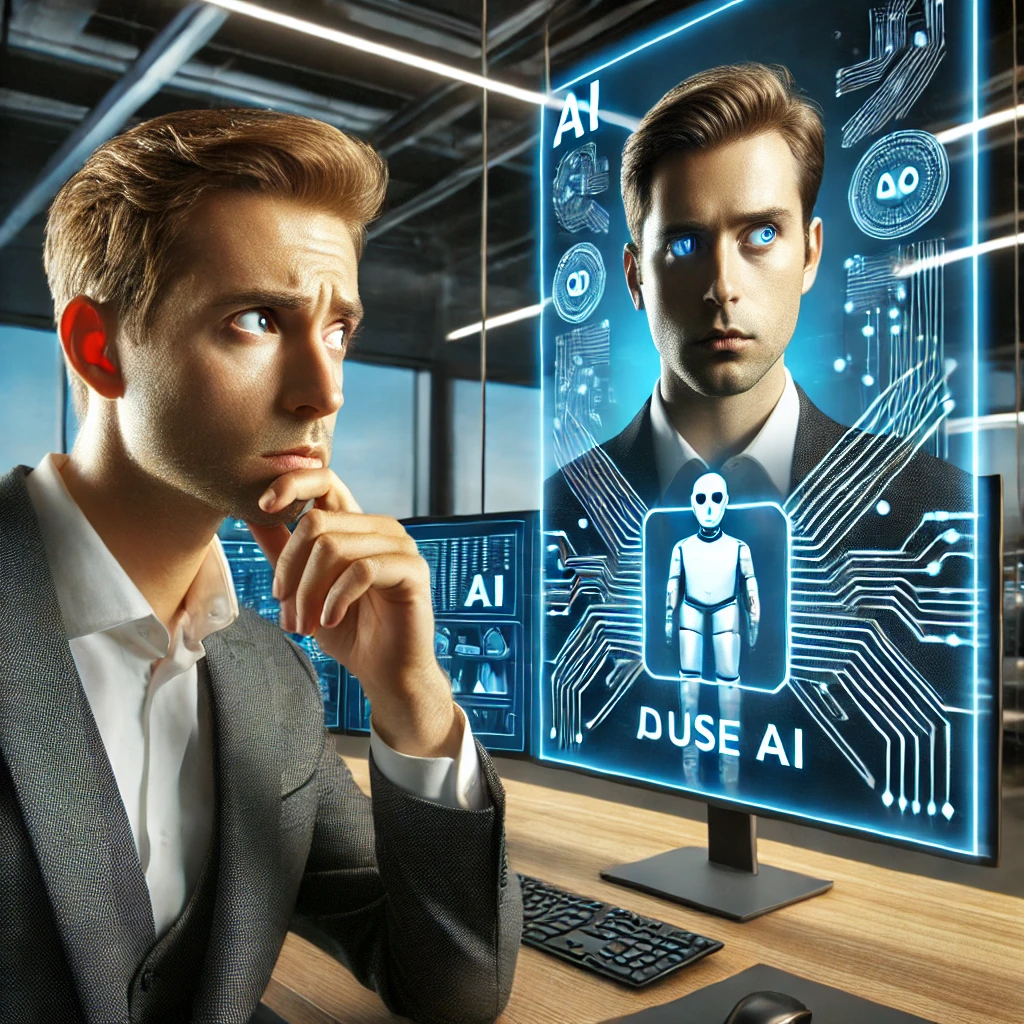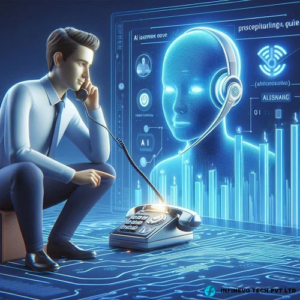How AI Won’t Replace Your Job—But Someone Using AI Will Replace You
Artificial intelligence is reshaping careers faster than anyone predicted, creating a stark divide between those who embrace AI tools and those who risk becoming obsolete. The transformation isn’t just affecting entry-level positions or manual labor—it’s revolutionizing every sector of the global workforce, from creative industries to high-level executive roles. As the World Economic Forum reports, AI will impact over 80% of the US workforce in the next five years, with approximately 85 million jobs facing significant changes or displacement.
We strongly recommend that you check out our guide on how to take advantage of AI in today’s passive income economy.
Table of Contents
The AI Revolution: Understanding the Scale of Change
Picture the entire internet as a deck of infinite possibilities, where each piece of content represents a card in an endless deck. When artificial intelligence processes this vast array of information, it creates unique combinations that have never existed before, much like shuffling a deck of cards. The possibilities are literally astronomical—with a standard deck of 52 cards, there are more possible combinations than atoms in the universe. Now imagine this scale applied to the entirety of human knowledge and creativity available online.
The Impact on Traditional Industries
In the realm of marketing and advertising, a seismic shift is already underway. Major corporations are allocating over 320 billion dollars to media advertising in 2024, with 70% directed toward digital content—precisely the area where AI excels. Deloitte’s annual CMO survey reveals that companies typically invest 13.6% of their budget in advertising, and AI tools are dramatically reducing these costs while maintaining or even improving quality.
The Reality of AI Integration
The transformation extends far beyond creative industries. Banking giants like HSBC are implementing AI-powered anti-money laundering systems, eliminating human error while increasing efficiency. The Writers Guild of America’s recent strike highlighted the tension between human creativity and AI capabilities, as studios explore the possibility of using AI to generate entire shows with minimal human input.
Jobs at Risk and Industries in Transition
Goldman Sachs research indicates that office administration, legal services, and financial operations face the highest risk of AI disruption. Any position involving repetitive tasks or standardized processes could see significant changes. However, the threat isn’t always direct replacement—companies like Dropbox have reduced their workforce by 16% not to replace workers with AI, but to reallocate resources toward AI investment.
The Hidden Opportunity in AI Adoption
Despite these challenges, AI’s limitations present opportunities for those who understand them. The phenomenon of “AI hallucinations”—where AI generates false or inaccurate information—demonstrates why human oversight remains crucial. As AI tools become more prevalent, they require human guidance to maintain accuracy and relevance, potentially creating new roles and responsibilities.
The Real Threat: Information Integrity
The democratization of AI tools presents a more subtle but profound challenge: the manipulation of reality through AI-generated content. From artificial influencers to synthetic media, distinguishing truth from fiction becomes increasingly complex. This new landscape demands not just technical literacy but also enhanced critical thinking skills from professionals across all industries.
Preparing for the AI-Enhanced Workplace
The key to career survival lies in understanding that AI won’t eliminate human work entirely—it will transform how we work. By actively learning to leverage AI tools while developing skills that AI cannot replicate, professionals can position themselves at the forefront of this revolution rather than becoming its casualties.
Actionable Steps for Career Protection
- Embrace AI tools as enhancers rather than threats
- Develop skills in AI oversight and quality control
- Focus on uniquely human capabilities like emotional intelligence and creative problem-solving
- Stay informed about AI developments in your industry
- Build expertise in AI-human collaboration
The Future of Work
The integration of AI into the workplace isn’t just about automation—it’s about augmentation. The technology has already achieved remarkable breakthroughs, such as mapping 200 million proteins, which opens new frontiers in medical research and scientific discovery. These advances demonstrate how AI can enhance human capabilities rather than replace them entirely.
Conclusion: Adapting to Survive
The biggest career mistake in 2025 isn’t fearing AI—it’s ignoring it. While artificial intelligence won’t completely replace human workers, it will dramatically reshape the employment landscape. Those who adapt and learn to work alongside AI will thrive, while those who resist change risk being left behind. The future belongs to professionals who can harness AI’s capabilities while maintaining their uniquely human edge.

We strongly recommend that you check out our guide on how to take advantage of AI in today’s passive income economy.




